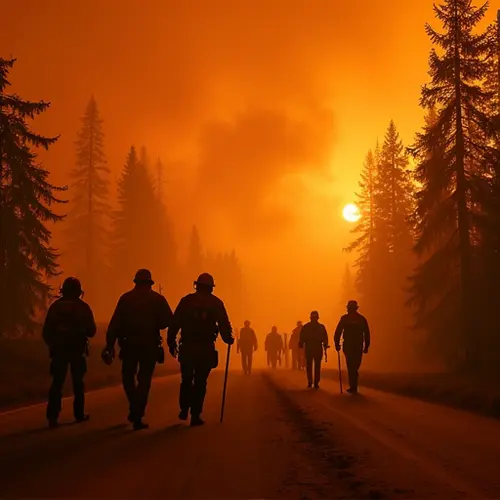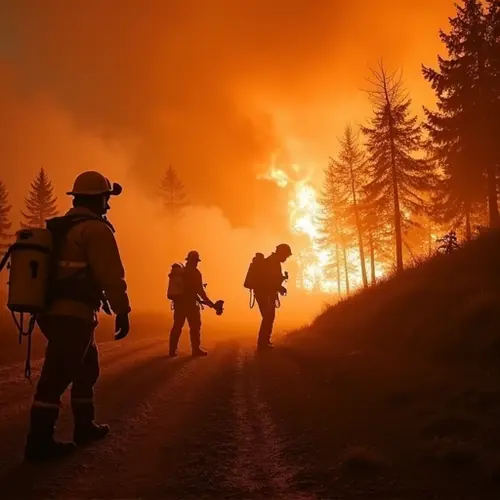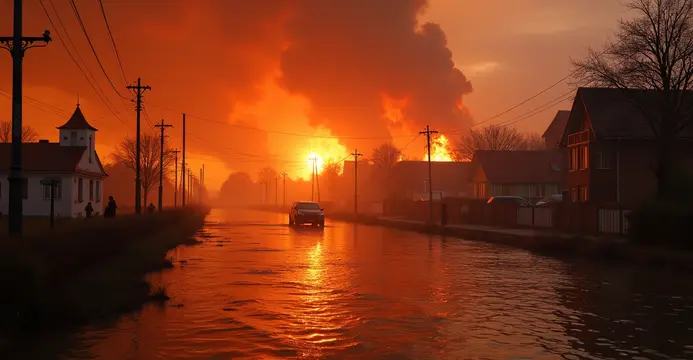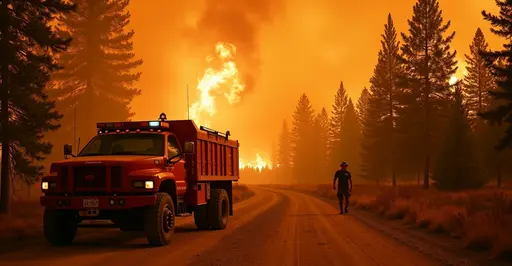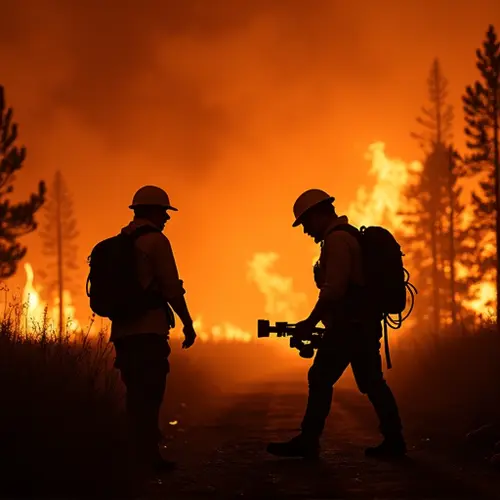
Rising Wildfire Risks in Southern Europe
Southern Europe is facing a dramatic increase in wildfire risks due to climate change, with projections indicating a tenfold rise in extreme fire events by the end of the century. A recent study published in npj Climate and Atmospheric Science highlights the urgent need for enhanced national preparedness strategies to mitigate these escalating threats.
Climate Change and Fire Weather
The study, conducted by researchers from the European Centre for Medium-Range Weather Forecasts (ECMWF), analyzed fire weather conditions using the Fire Weather Index (FWI). The findings reveal that rising temperatures and prolonged droughts are creating ideal conditions for wildfires, particularly in Mediterranean regions like Greece, southern Italy, and the Iberian Peninsula.
Projected Impacts
Under moderate climate scenarios, the probability of catastrophic fires in Southern Europe could increase from 5% to 50% annually. The fire season is also expected to extend by up to 22 days, straining firefighting resources and increasing the risk of large-scale disasters.
National Preparedness
Countries like Portugal and Spain have already experienced devastating wildfires in recent years, prompting calls for improved fire management and international cooperation. The EU's RescEU program, which pools firefighting resources, is one example of efforts to address these challenges. However, experts warn that more proactive measures, such as fuel management and early warning systems, are essential to cope with the growing threat.
Conclusion
The study underscores the critical need for adaptive strategies to protect communities and ecosystems from the worsening wildfire crisis. As climate change intensifies, Southern Europe must prioritize resilience and collaboration to safeguard its future.

 Nederlands
Nederlands
 English
English
 French
French
 Deutsch
Deutsch
 Espaniol
Espaniol
 Portugese
Portugese





